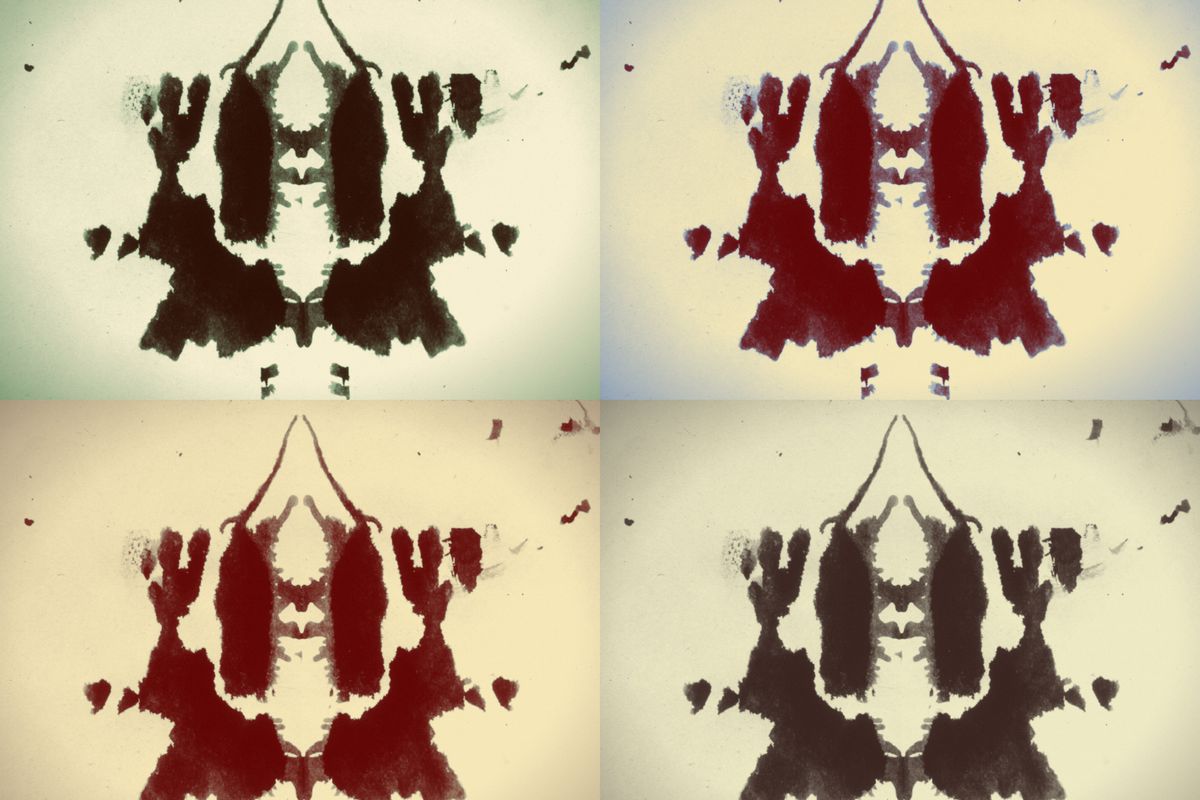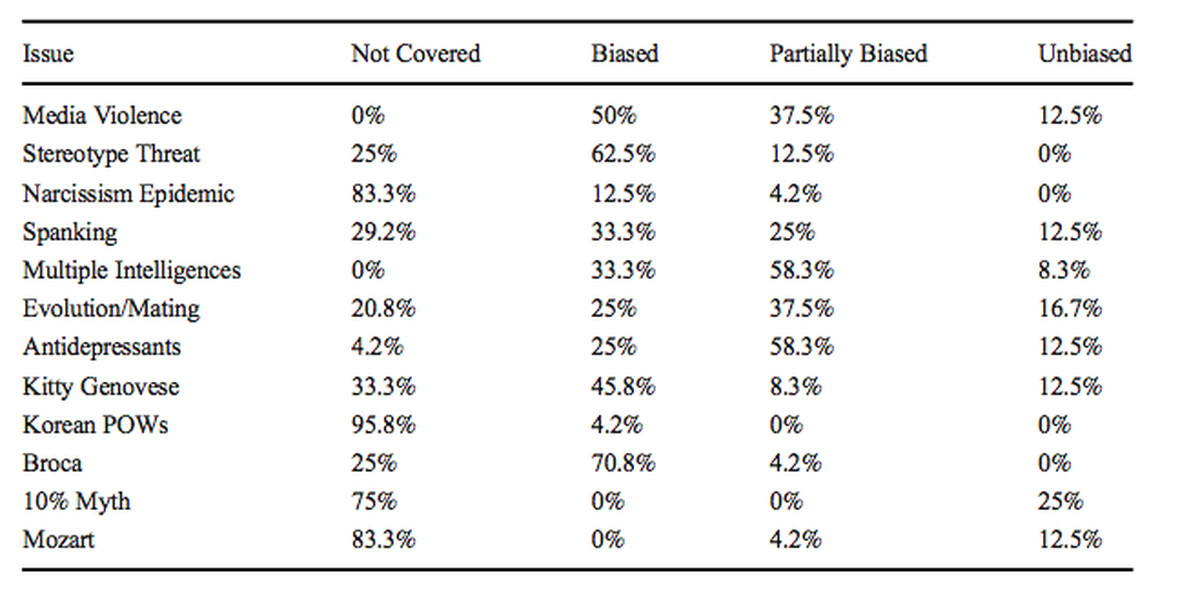- 18,115
- 11,769
- Joined
- Jan 11, 2013
this movie wasTwenty-four male students out of seventy-five were selected to take on randomly assigned roles of prisoners and guards in a mock prison situated in the basement of the Stanford psychology building.

thoughts?





